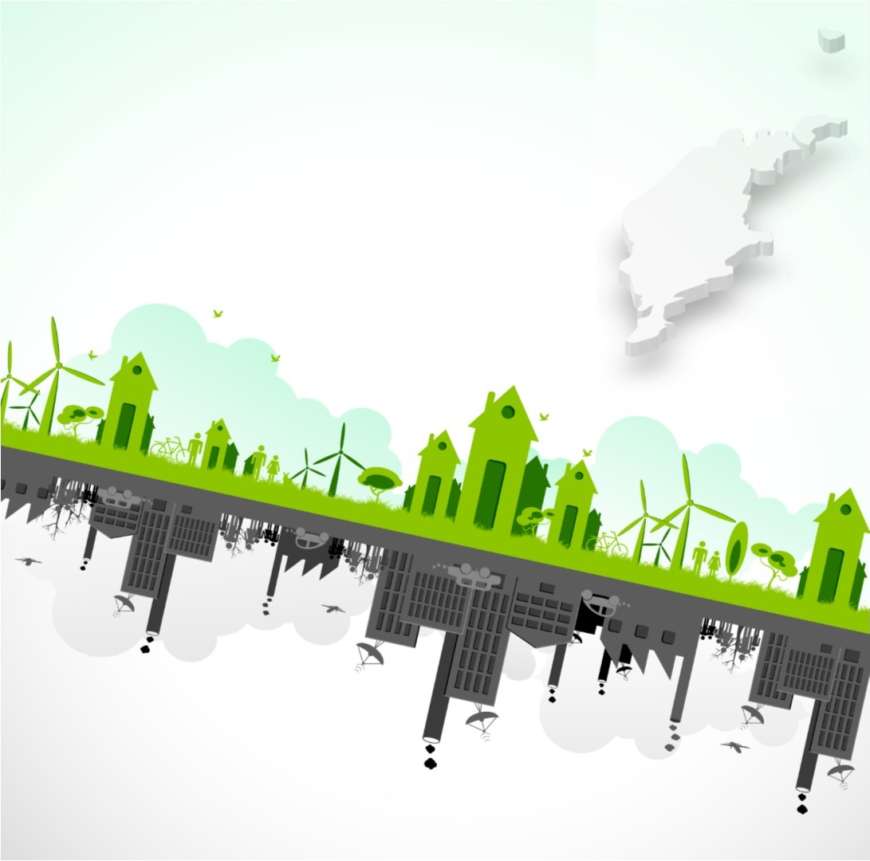
The Swedish island of Gotland has been chosen by the government as a pilot region for Sweden’s future energy system. The main requirements for this transition are a safe and reliable energy supply that is both ecologically sustainable and economically competitive. The transition will require new technical solutions and business models as well as regulatory measures that allow for rapid implementation of the technical developments.
This project was designed to start a long-term joint venture towards a new interdisciplinary research area in Energy Transitions. The project links Gotland’s unique conditions with research activities and educational initiatives on energy transition and wind power. To accurately respond to this interdisciplinary challenge, researchers from many different, relevant fields have been engaged in the project. The researchers have experience from research on e.g
- Natural resource assessment
- Renewable energy
- Energy efficiency
- Grid integration and energy storage
- Transportation
- Planning and project management
- Carbon budgeting
- Public attitudes and decision-making
The goal of this new project is to map the necessary pieces to make Gotland’s energy system 100% renewable. The purpose is to create a foundation for further research within the fields where the strategies for practical implementation of the energy system will develop, bringing together competences from different departments and universities.
To accomplish the project’s objective, Gotland’s conditions, system requirements and main challenges regarding this energy and societal transition need to be identified and assessed. The project tasks are divided as follows:
- Identify today’s energy production and assess renewable potential
- Identify today’s energy use and assess energy efficiency potential
- Identify system solutions to balance energy production and usage
- Identify changing conditions from a societal perspective
- Make available research results for the new international bachelor program in Energy Transition – Sustainability and Leadership and for the master program in Wind Power Project Management
- Create an interdisciplinary research environment within the university, STandUP for Energy and external actors
Contact persons:
- Stefan Ivanell (Project Leader)
- Johanna Liljenfeldt (Project Coordinator)
Project participants:
- Project Leader: Assoc. Prof. Stefan Ivanell (UU, Earth sciences, Wind Energy)
- Anneli Ekblom: Associate Professor (UU, Archaeology)
- Carmen Medina: Project coordinator (UU, Office for Science and Technology)
- Christopher Juhlin: Professor (UU, Earth Sciences, Geophysics)
- Daniel Sopher: Post Doc (UU, Earth Sciences, Geophysics)
- Heracles Polatidis: Associate Professor (UU, Earth sciences, Wind Energy)
- Joakim Munkhammar: Assistant Professor (UU, Engineering, Solid State Physics)
- Joakim Widén: Associate Professor (UU, Engineering, Solid State Physics)
- Johanna Liljenfeldt, Post doc (UU, Earth sciences, Wind Energy)
- José Pedro Da Silva Soares, Research Assistant (UU, Earth sciences, Wind Energy)
- Juan de Santiago: Associate Professor (UU, Engineering Sciences, Division of Electricity)
- Karl Nilsson, Lecturer/Researcher (UU, Earth sciences, Wind Energy)
- Kristina Edström: Professor (UU, Chemistry – Ångström Laboratory, Structural Chemistry)
- Magdalena Kuchler: Associate Senior Lecturer (UU, Earth Sciences, Natural Resources and Sustainable Development)
- Sanna Mels: Lecturer (UU, Earth sciences, Wind Energy)
- Tor Broström: Professor (UU, Art History, Conservation)
- Thomas Norrby: Senior Extension Specialist (SLU, Division of Rural Development)
- Moritz Wegener: Post Doc (KTH, Energy Technology/HPT)
- Anders Malmquist: Professor (KTH, Energy Technology/HPT)
